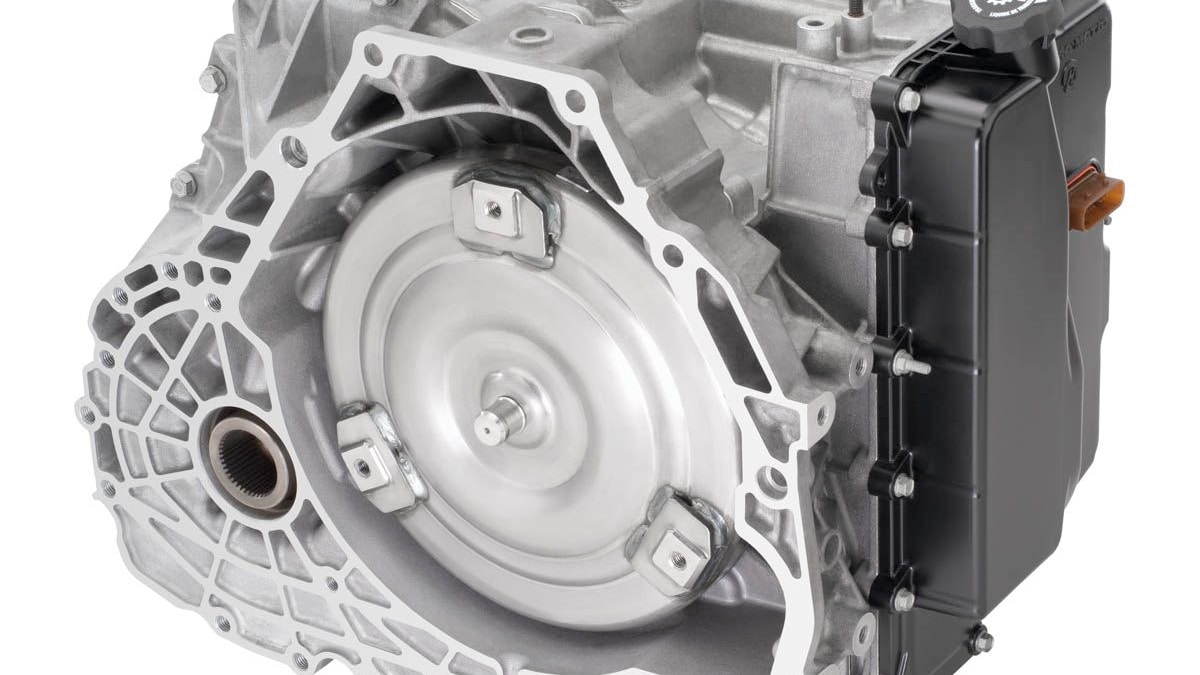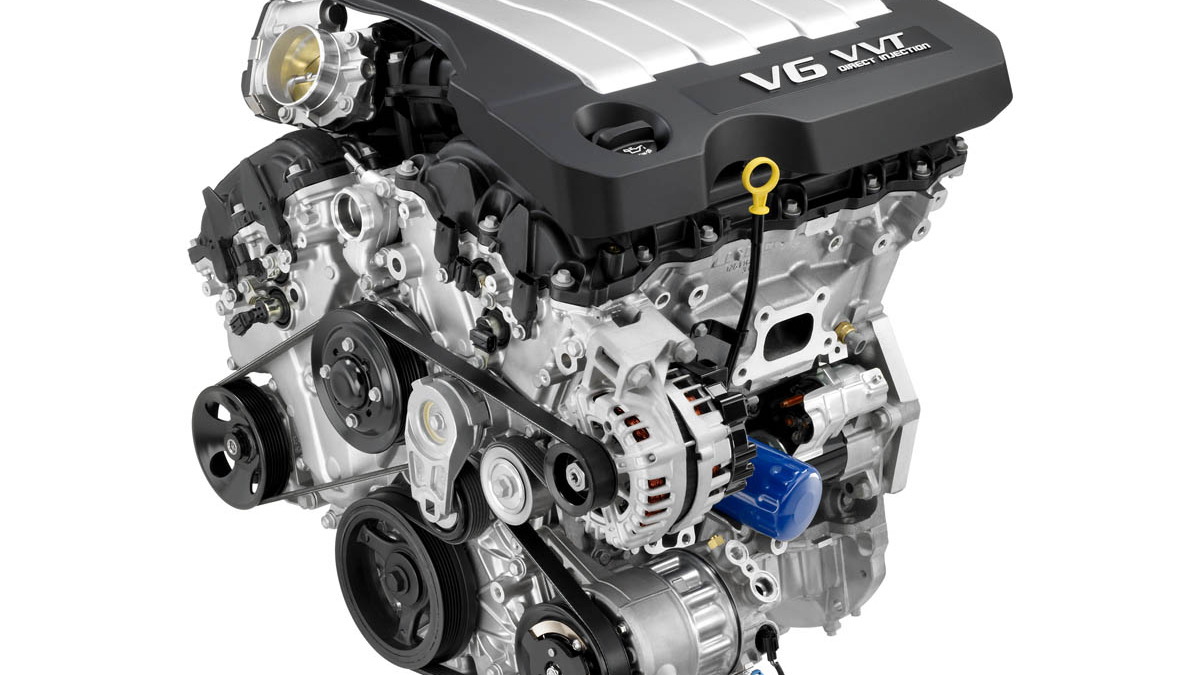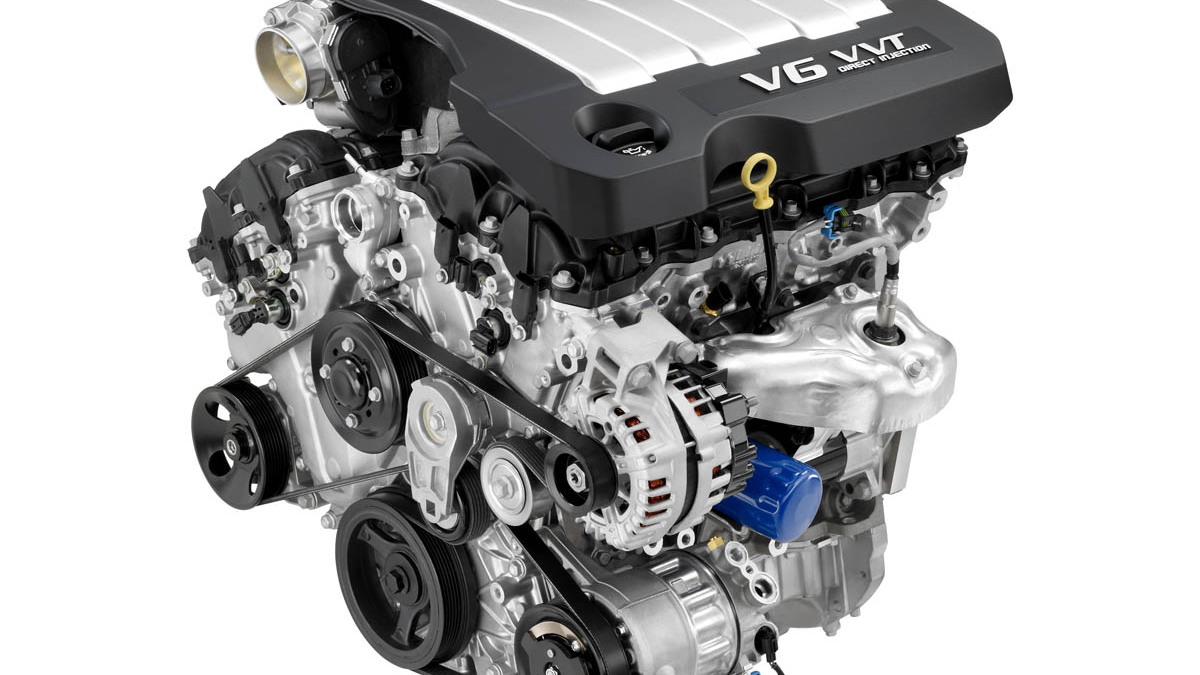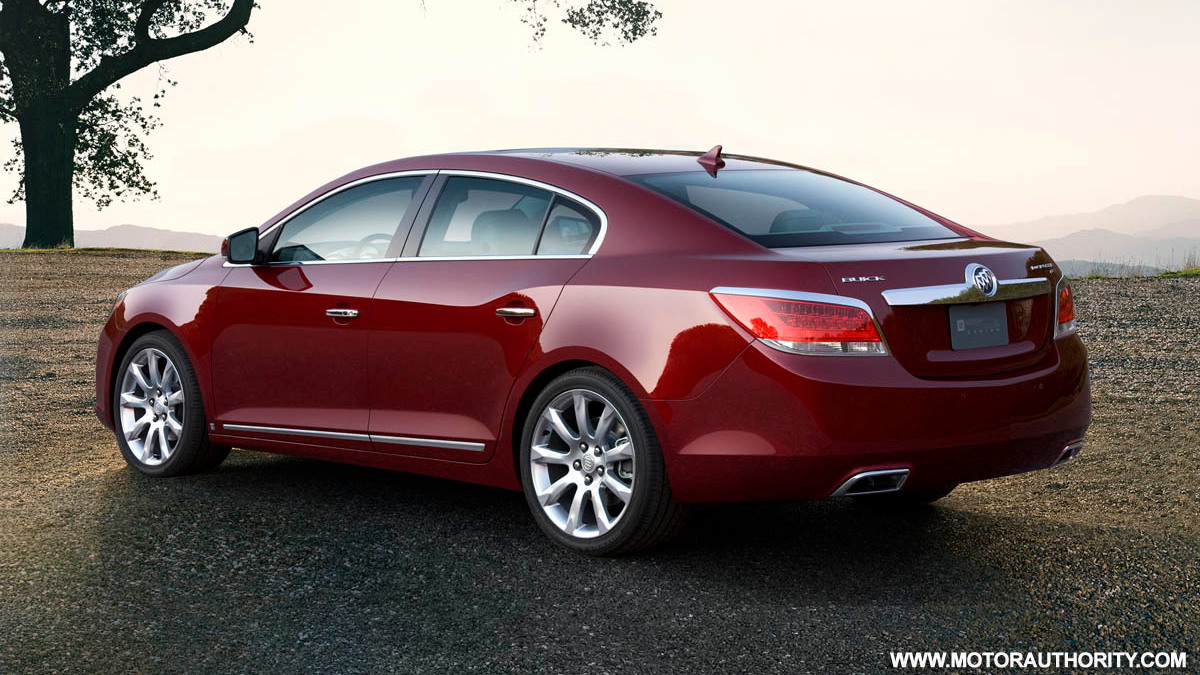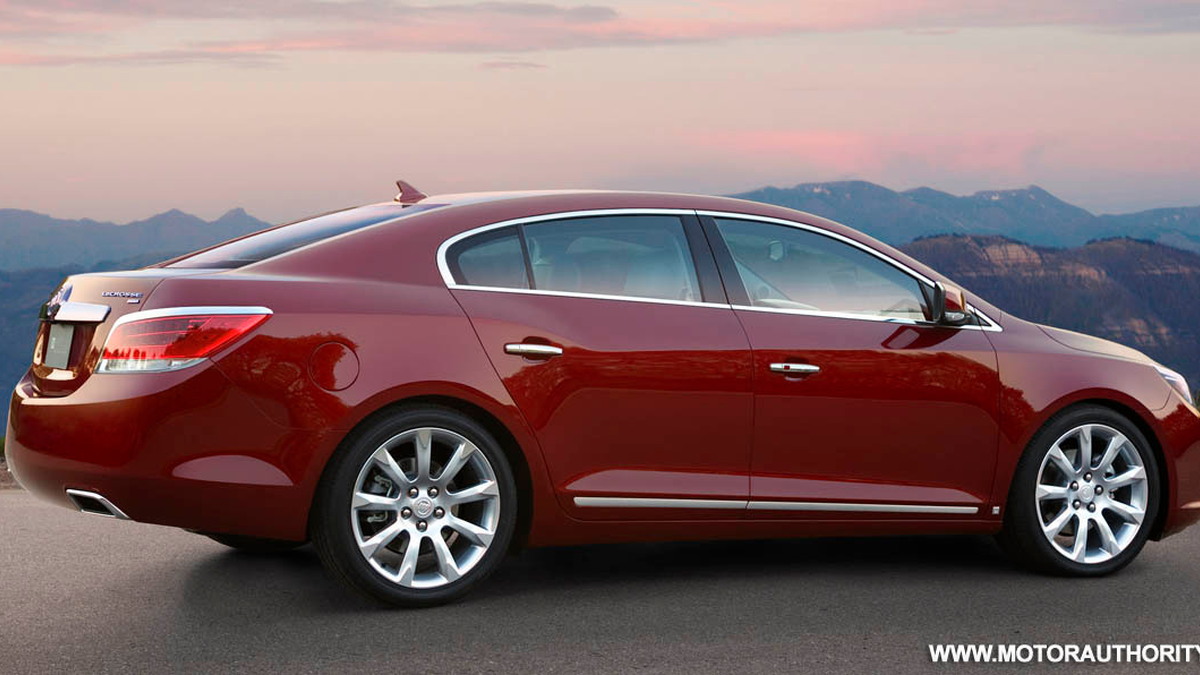Finding ways to get cars to market with less expense and more profitability is the name of the game, and with the U.S. federal government driving a hard bargain behind the scenes, GM's decision to go to China for its low-cost, high-volume vehicles makes sense.
Initially, however, the number of cars coming out of China will be a tiny drop in a very large bucket - only about 17,000 cars will be coming in 2011, the first year of their sale here, reports Automotive News. By 2014 that number will triple to over 51,000, but that's still just a small fraction of GM's annual sales totals in the U.S. These figures come out of a planning document being distributed to U.S. legislators.
The idea of a Chinese-made car might be off-putting to some U.S. buyers, but those same buyers would do well to evaluate what else in their daily lives is made in and imported from China. Given the nature of the U.S. economy, it's likely that a majority, or at least a significant minority, of the products in any given household have their origins in China.
Those products, driven by consumer demand, ostensibly combine a good blend of low cost and high value, so why not apply the same process to cars?
The UAW, meanwhile, is not happy with the decision, saying, "GM should not be taking taxpayers' money simply to finance the outsourcing of jobs to other countries," in a letter penned by legislative director Alan Reuther. The point is a valid one, and one likely to resonate with the American public as well.
Along with the rise in Chinese-made vehicles for U.S. sale, Mexican-made cars and trucks would increase significantly as well, from the current 317,000 to 501,000 by 2014, while cars made in South Korea for the American market would increase almost five-fold from 36,000 to 157,000 by 2014.
Which cars will be made in China isn't yet clear, but given the Chinese market's affinity for the Buick brand, it might make sense to leverage that into a production run that could satisfy both the American market and the rapidly expanding Chinese market with a car like the new LaCrosse.
